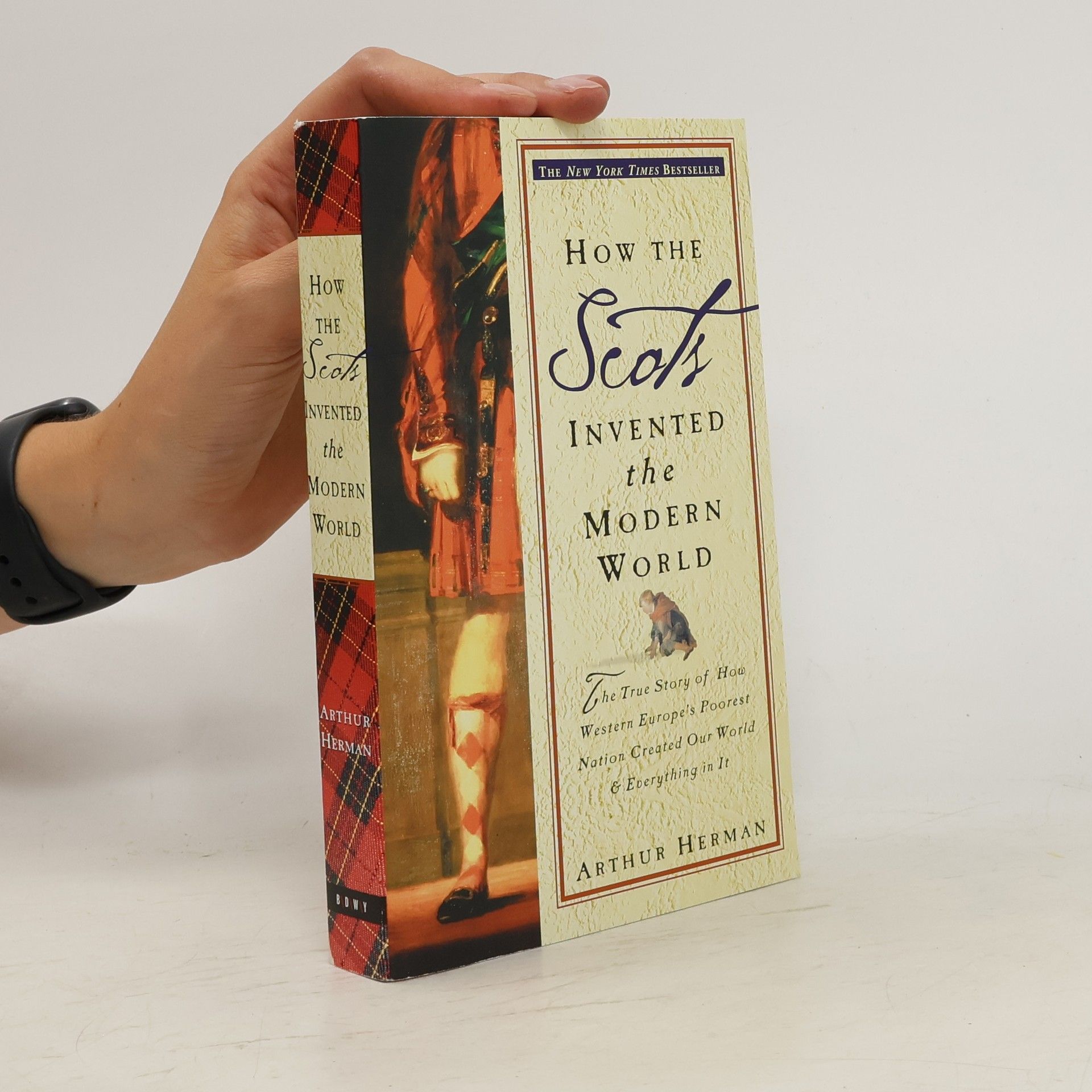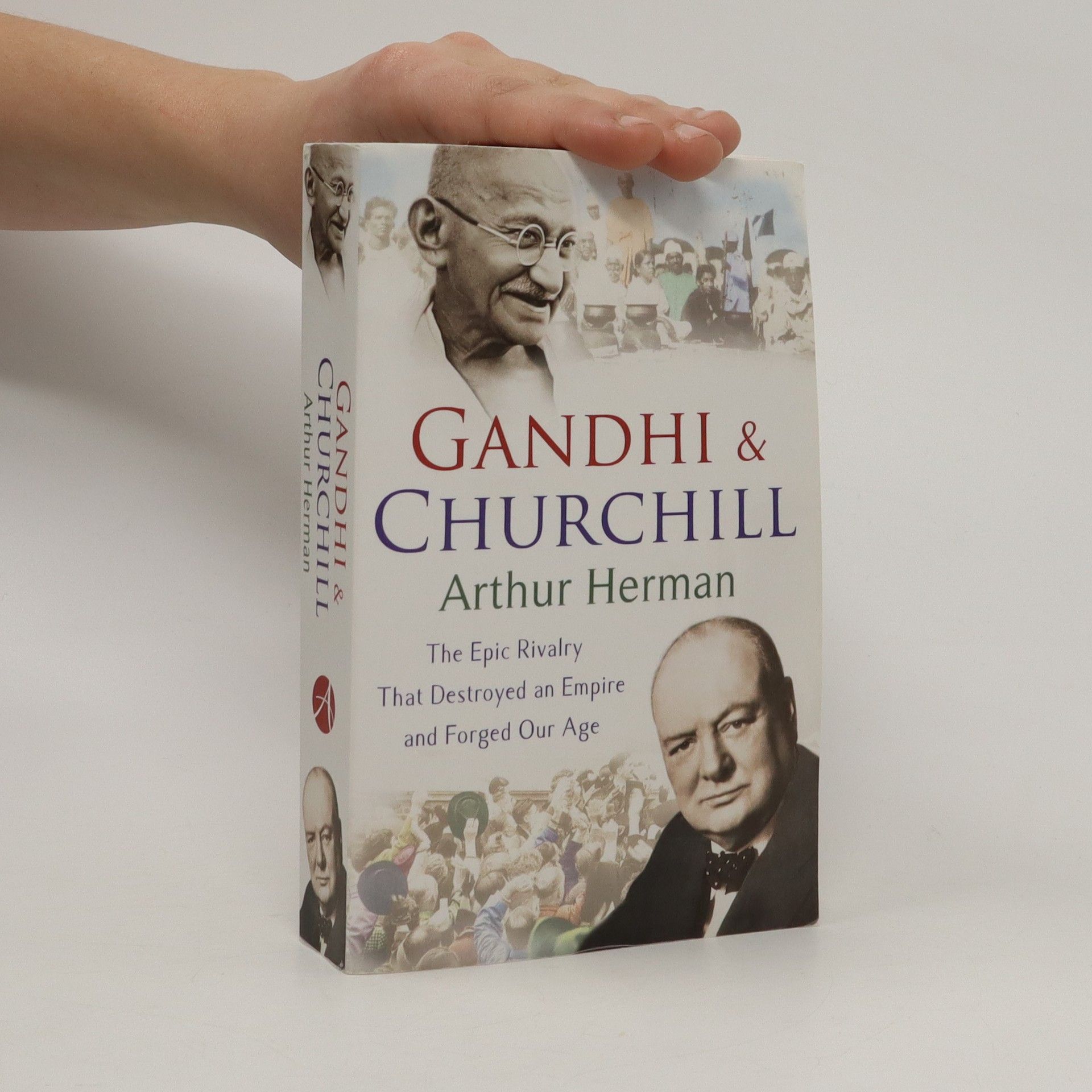Douglas Macarthur
- 960pages
- 34 heures de lecture
The new, definitive life of General Douglas MacArthur from Pulitzer Prize finalist Arthur Herman. číst celé
Arthur L. Herman est un historien populaire américain qui se concentre souvent sur l'importance des individus dans l'histoire. Son approche, influencée par la méthodologie du XIXe siècle, souligne l'impact des "Grands Hommes" sur la formation des événements. Herman affine cette perspective, la situant dans un contexte moderne pour offrir aux lecteurs une vision convaincante des moteurs de l'histoire. Ses œuvres explorent comment les actions et les idées individuelles influencent le cours des événements humains.






The new, definitive life of General Douglas MacArthur from Pulitzer Prize finalist Arthur Herman. číst celé
Exploring the origins of declinism, this book examines how influential thinkers throughout history have shaped its evolution into a distinct ideology of cultural pessimism. It delves into the contributions of various intellectuals, revealing the interplay between their ideas and the broader societal concerns that have fueled a sense of decline. Through this analysis, the work offers insights into the persistent anxieties surrounding cultural and societal change.
The narrative explores the evolution of the British Royal Navy, tracing its origins from Henry VIII to modern warfare, highlighting its pivotal role in shaping national power. Arthur Herman recounts significant naval battles, the valor of sailors, and the personal tragedies that accompanied them. This history illustrates how the navy not only built an empire but also transformed the global landscape, making it a compelling account of military and national development.
Mohandas Gandhi and Winston Churchill: India's moral leader and Great Britain's greatest Prime Minister. Both became living icons, idolized and admired around the world. They remain enduring models of leadership in a democratic society. This book reveals how their rivalry shaped the 20th century and beyond.
A history of the influential rivalry between Plato and Aristotle traces the Western world's ongoing battle of ideas to their competing philosophies, demonstrating how their contrasting views on everything became the twin fountainheads of Western culture
An exciting account of the origins of the modern world Who formed the first literate society? Who invented our modern ideas of democracy and free market capitalism? The Scots. As historian and author Arthur Herman reveals, in the eighteenth and nineteenth centuries Scotland made crucial contributions to science, philosophy, literature, education, medicine, commerce, and politics—contributions that have formed and nurtured the modern West ever since. Herman has charted a fascinating journey across the centuries of Scottish history. Here is the untold story of how John Knox and the Church of Scotland laid the foundation for our modern idea of democracy; how the Scottish Enlightenment helped to inspire both the American Revolution and the U.S. Constitution; and how thousands of Scottish immigrants left their homes to create the American frontier, the Australian outback, and the British Empire in India and Hong Kong. How the Scots Invented the Modern World reveals how Scottish genius for creating the basic ideas and institutions of modern life stamped the lives of a series of remarkable historical figures, from James Watt and Adam Smith to Andrew Carnegie and Arthur Conan Doyle, and how Scottish heroes continue to inspire our contemporary culture, from William “Braveheart” Wallace to James Bond. And no one who takes this incredible historical trek will ever view the Scots—or the modern West—in the same way again.
'Every Scot should read it. Scotland now has the lively, provocative and positive history it deserves.' Irvine Welsh, GuardianA dramatic and intriguing history of how Scotland produced the institutions, beliefs and human character that have made the West into the most powerful culture in the world. schovat popis
From a New York Times best-selling historian and Pulitzer Prize finalist, a sweeping epic of how the Vikings and their descendants have shaped history and America Scandinavia has always been a world apart. For millennia Norwegians, Danes, Finns, and Swedes lived a remote and rugged existence among the fjords and peaks of the land of the midnight sun. But when they finally left their homeland in search of opportunity, these wanderers--including the most famous, the Vikings--would reshape Europe and beyond. Their ingenuity, daring, resiliency, and loyalty to family and community would propel them to the gates of Rome, the steppes of Russia, the courts of Constantinople, and the castles of England and Ireland. But nowhere would they leave a deeper mark than across the Atlantic, where the Vikings' legacy would become the American Dream. In The Viking Heart, Arthur Herman melds a compelling historical narrative with cutting-edge archaeological and DNA research to trace the epic story of this remarkable and diverse people. He shows how the Scandinavian experience has universal meaning, and how we can still be inspired by their indomitable spirit.